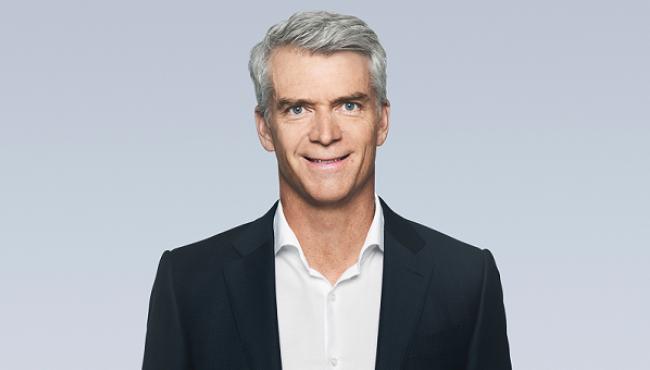
The elephant was definitely out in the open
This year’s conference of the parties (COP28) has now come to an end.
For the first time in history nearly every country has now agreed to transition away from fossil fuels.
It is easy to critique the fact that it has taken 28 conferences for the parties to agree on a text that highlights the root of the problem – fossil fuels. But the other side of the coin is that this marks an important turning point in the climate transition.
The commitment to transition away from fossil fuels is included in the first global stocktake of how countries can accelerate action to meet the goals of the Paris Agreement. This has been both criticized and applauded from stakeholders around the world, criticized partly because of the loopholes that do exist in the text, applauded because ‘transition away from’, with action in this critical decade and net-zero by 2050, sends a strong signal to businesses and decision makers all over the world.
In preparation for the COP, the International Energy Agency (IEA) advocated five essential pillars for aligning with the 1.5°C goal. The final text made significant progress in addressing four of these:
- Tripling renewable energy sources
- Doubling efficiency
- Addressing methane emissions
- Ensuring a systematic reduction in the reliance on fossil fuels.
Greater efforts are needed on the fifth pillar - finance for developing economies. The stark disparities between the capacities of developed and developing nations to tackle climate change is evident, as was the necessity for a more joint effort in resource allocation, technology transfer, and financial support. The Loss and Damage fund aims to ensure that all countries, regardless of their economic status, can contribute and be aided effectively in the global climate response. The commitments to climate finance, was a step in the right direction and will require significant scaling up to meet the needs of those most vulnerable to climate impacts, as noted in the Global Stocktake.
“The negotiations ended with a deal that move the agenda forward by clearly setting out that the world must transition away from fossil fuels, avoid coal power without carbon capture, triple renewable energy and double energy efficiency. It is not perfect, not sharp enough, but the direction that the world leaders have set is crystal clear” says Henrik Tegnér, EVP and Head of Strategy and Sustainability at AFRY
For us as at AFRY, COP28 is neither the beginning nor an end goal, it is a steppingstone on our ongoing transition journey. The important thing now is to continue to deliver on this. The road ahead is not clear in all sectors, and some will be more challenging than others. But in many areas, especially within the energy sector, we already have most of the solutions needed at hand. Now is the time to scale those solutions, we need to accelerate the implementation of the pioneering technologies, the brave ideas and the bold strategies.
We need a forum like COP to bring all the efforts around the world together, where we can share both our successes but also the ideas that were brave but failed. And we need to connect and push the agenda for tougher climate targets.

